New Scientist covers the latest developments in science and technology that will impact your world. New Scientist employs and commissions the best writers in their fields from all over the world. Our editorial team provide cutting-edge news, award-winning features and reports, written in concise and clear language that puts discoveries and advances in the context of everyday life today and in the future.
Elsewhere on New Scientist
Make exercise fun again • Screen time isn’t the only reason children are inactive – and there are easy solutions
New Scientist
An illuminating slice of history
‘Dark’ oxygen found in the deep • Sea-floor nodules full of valuable metals seem to raise oxygen levels in the ocean depths, suggesting they may have a valuable role in ecosystems, finds Madeleine Cuff
NASA’s cancelled moon rover calls the 2026 crewed landing into question
Green belts help cities keep their cool in summer
The galaxy gas leakage problem • The gas that surrounds galaxies appears to be more spread out than we thought. This could help solve a mystery over missing matter, discovers Alex Wilkins
Jiggling robot reveals the perfect way to untangle threads
Covid-19’s toll in India was worse for women than men
How music tempo changes as a star ages
Sea slugs work together to hunt prey in packs
There is a new formula for defining a planet – but Pluto is still out of the club
Robot dog uses flamethrower to suppress weeds
Zombie galaxy pops back into life 20 million years after it died
Retinol’s anti-ageing effects may alter your skin microbes
A meltdown-proof nuclear reactor • First ever full-scale demonstration of a reactor that can cool itself in an emergency is a success
Chimps gesture at a pace similar to human conversation
A closer look at Titan’s strange seas • The hydrocarbon lakes and rivers of Saturn’s moon have similarities with our own water world
Bees use their wings to slap ants that try to raid their nests
How to keep drugs safe outside a fridge for weeks
Analysis Artificial intelligence • Super AI is still sci-fi Hype surrounding the latest AI models has many people convinced that they are sentient – and that’s a problem, says Chris Stokel-Walker
Butchered bones hint at earlier human arrival in South America
Tiny solar-powered drones could stay aloft indefinitely
Storm forecasts get up to speed • Hurricane models are improving, but there are still big misses when storms rapidly intensify
Do you share your smartphone PIN with your partner?
Consider the ant • Insects such as ants are being overlooked in favour of the darlings of conservation. We need to celebrate their brilliance, says Robert Barrie
Field notes from space-time • Cosmic query The answers to a reader’s questions about the nature of black holes start off with a shift in perspective, says Chanda Prescod-Weinstein
Hole in the wall
Your letters
The mathematics making AI • A skilful primer delves into what lies beneath the artificial intelligence revolution, but doesn’t probe its ethical heart, says Christie Taylor
A peek inside • Nine profiles of neurodiverse people reveal their creative and imaginative worlds, finds Eleanor Parsons
New Scientist recommends
The games column • Keep it real In Still Wakes the Deep, you play as a Glaswegian electrician on a 1970s oil rig in the North Sea that is soon beset by an eldritch horror. But the well-crafted period setting makes me wish I could linger in mundanity, says Jacob Aron
THE SMARTER WAY TO A FITTER YOU
Tortoise vs the hare
Why we don’t like to exercise
Health boosts
Cutting the ties • Are there times...
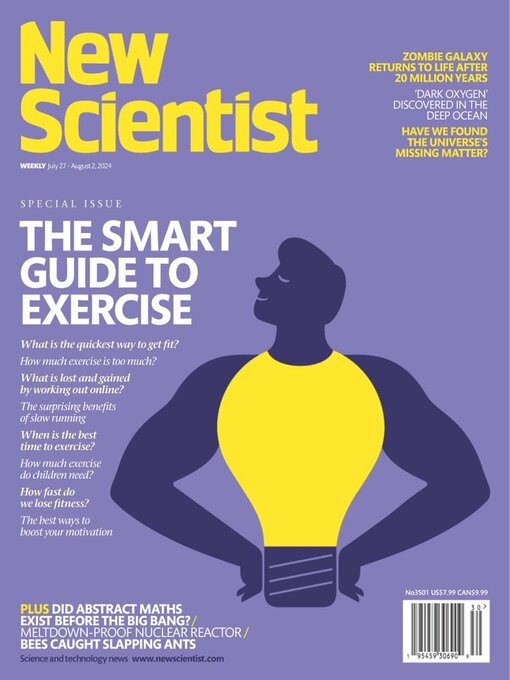
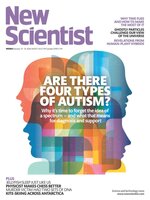 Jan 10 2026
Jan 10 2026
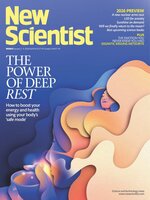 Jan 03 2026
Jan 03 2026
 Dec 27 2025
Dec 27 2025
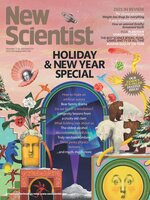 13-26 December 2025
13-26 December 2025
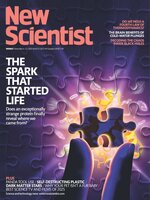 Dec 06 2025
Dec 06 2025
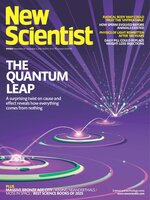 Nov 29 2025
Nov 29 2025
 Nov 22 2025
Nov 22 2025
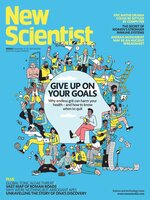 Nov 15 2025
Nov 15 2025
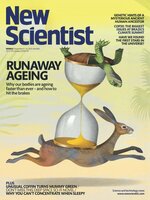 Nov 08 2025
Nov 08 2025
 Nov 01 2025
Nov 01 2025
 Oct 25 2025
Oct 25 2025
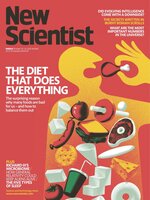 Oct 18 2025
Oct 18 2025
 Oct 11 2025
Oct 11 2025
 Oct 04 2025
Oct 04 2025
 Sep 27 2025
Sep 27 2025
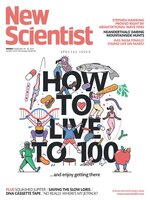 Sep 20 2025
Sep 20 2025
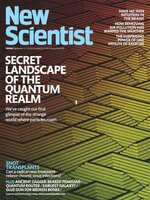 Sep 13 2025
Sep 13 2025
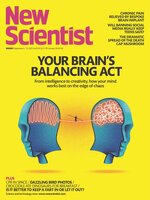 Sep 06 2025
Sep 06 2025
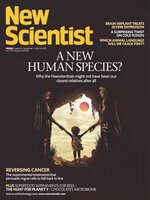 Aug 30 2025
Aug 30 2025
 Aug 23 2025
Aug 23 2025
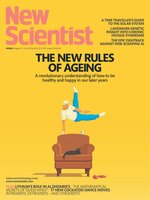 Aug 16 2025
Aug 16 2025
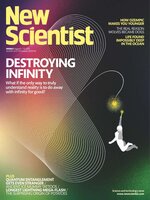 Aug 09 2025
Aug 09 2025
 Aug 02 2025
Aug 02 2025
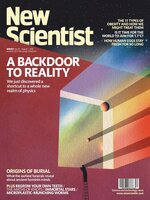 Jul 26 2025
Jul 26 2025